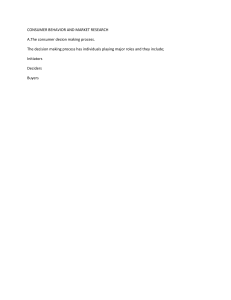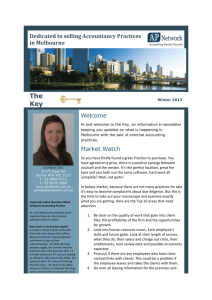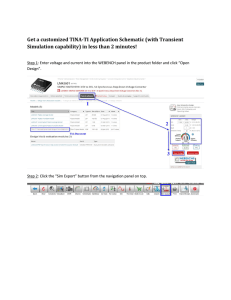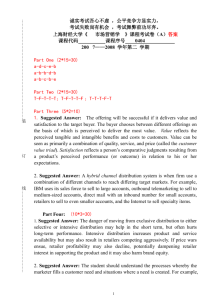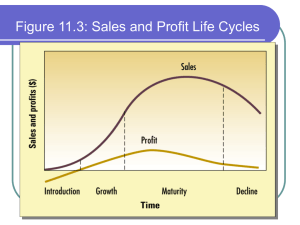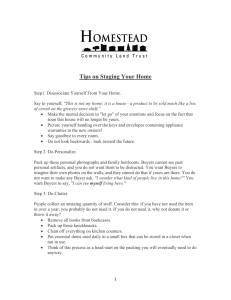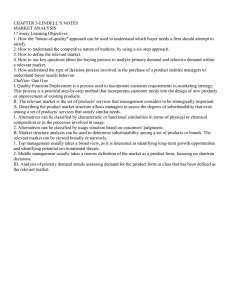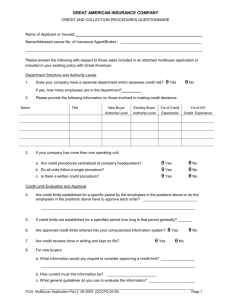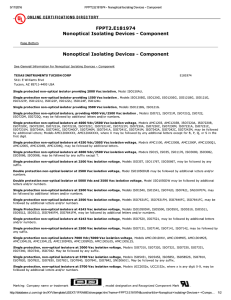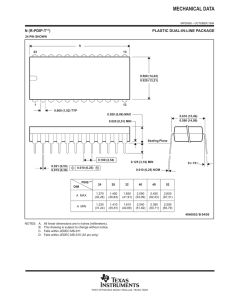1 Session 5 3.4. Forecasting and demand measurement Is the ability
advertisement
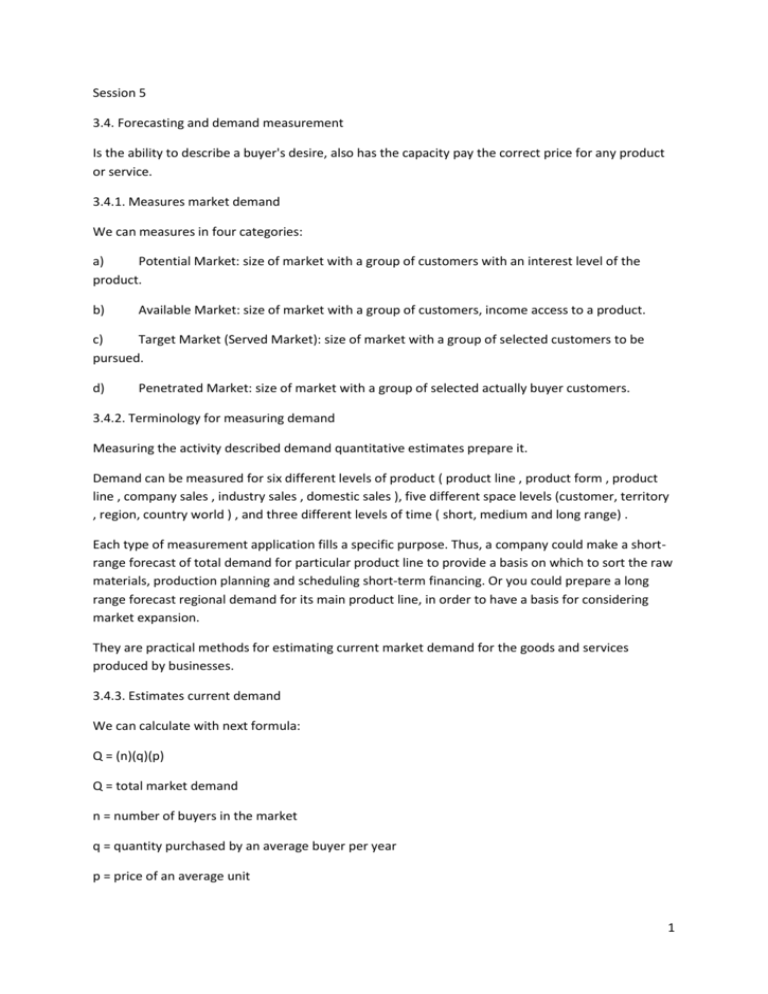
Session 5 3.4. Forecasting and demand measurement Is the ability to describe a buyer's desire, also has the capacity pay the correct price for any product or service. 3.4.1. Measures market demand We can measures in four categories: a) Potential Market: size of market with a group of customers with an interest level of the product. b) Available Market: size of market with a group of customers, income access to a product. c) Target Market (Served Market): size of market with a group of selected customers to be pursued. d) Penetrated Market: size of market with a group of selected actually buyer customers. 3.4.2. Terminology for measuring demand Measuring the activity described demand quantitative estimates prepare it. Demand can be measured for six different levels of product ( product line , product form , product line , company sales , industry sales , domestic sales ), five different space levels (customer, territory , region, country world ) , and three different levels of time ( short, medium and long range) . Each type of measurement application fills a specific purpose. Thus, a company could make a shortrange forecast of total demand for particular product line to provide a basis on which to sort the raw materials, production planning and scheduling short-term financing. Or you could prepare a long range forecast regional demand for its main product line, in order to have a basis for considering market expansion. They are practical methods for estimating current market demand for the goods and services produced by businesses. 3.4.3. Estimates current demand We can calculate with next formula: Q = (n)(q)(p) Q = total market demand n = number of buyers in the market q = quantity purchased by an average buyer per year p = price of an average unit 1 3.4.4. Estimates future demand Once defined the market area where entrepreneurship focus must know what will be the expected demand in that market. It is useful for many of the decisions of the Action Sales and many other of the Marketing function that encompasses. Demand Analysis quantitative identification from historical analysis and development forecasts of market size that requires the type of goods or services covered by the Business Action Company. Its purpose is to know precisely: what is the size and volume of demand, what is the purchasing power of potential customers identified as target audience, the figures of average consumption per customer, the more likely behavior patterns demand, etc. The main objectives of estimates future demand are: • Clarifying the concepts of this important section of the Role of Marketing • Analyze their mutual interrelations • Observe all kind of methods available to estimate demand, with their advantages and their drawbacks 3.5 Purchase decision process Before to put the correct price of the product or service has a big decision process to be interpreted. The purchase decision process can 3.5.1. Stages of the purchase decision process • Problem recognition • Information search • Alternative evaluation • Purchase decision • Post-purchase behavior. 3.5.2. Organizational purchase The organizational process could be determinate in seven steps: Initiators: information about the product Users: use the product and service Influencers: People observe people to buy products Deciders: suppliers Approvers: People who authorize the pro- posed actions of deciders or buyers Buyers: People accept the terms to purchase the product. 2 Gatekeepers: People to prevent information for customers 3
